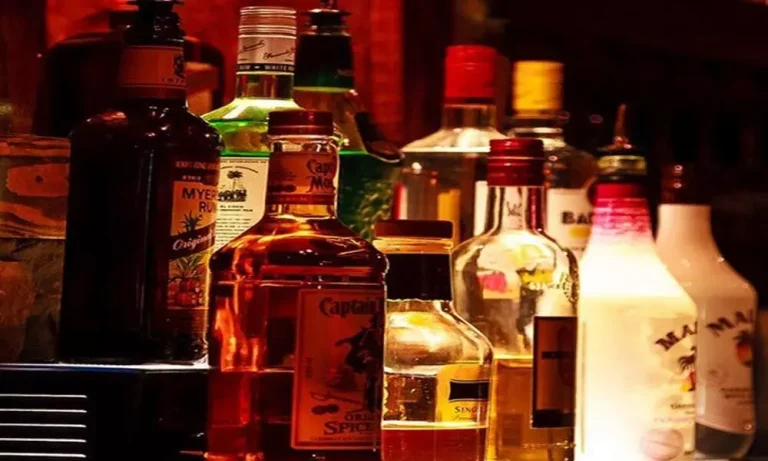Applying for a liquor license in Florida is a significant step for any business that wants to serve alcoholic beverages. Whether the business is a bar, restaurant, or retail store, understanding the process can make the journey smoother. A quota liquor license is one of the most commonly required licenses.
The Initial Review Process
Once the application for the Quota liquor license in Florida is submitted, it will first undergo an initial review by the Florida Division of Alcoholic Beverages and Tobacco (ABT) to ensure that it is complete and that all necessary information has been provided. During this stage, the application will be checked for accuracy. Any missing or incorrect details may delay the process, so it is important to ensure that everything is in order from the beginning.
Examination of the Business Location
Where your business is located is a significant factor in obtaining a liquor license. The ABT will verify if the spot complies with local zoning regulations. In Florida, some areas are off-limits. This includes places near schools, churches, or homes. Hence, they may do a quick inspection to make sure the location is suitable.
Public Safety and Neighborhood Impact
As part of the application review, public safety considerations play a crucial role. The review process will often involve input from local law enforcement and fire departments. These agencies will assess the business’s proximity to sensitive areas and ensure that the establishment complies with fire and safety regulations. The ABT may also evaluate whether the proposed business could create disturbances in the community, such as noise or excessive foot traffic.
Criminal Background Checks
Verifying the criminal histories of all individuals connected to the company, particularly the owners and managers, is a crucial part of the review process. To be eligible, applicants must have a clean criminal record, as defined by Florida law. An applicant may be disqualified if they have a history of felony convictions or recent infractions of alcohol-related laws. To ensure that only responsible individuals are permitted to operate businesses that serve alcohol, this background check is conducted.
Local Government Involvement
The local government plays a crucial role in reviewing liquor license applications. Many municipalities have their own regulations and processes that may differ slightly from state rules. For instance, some cities may require a public hearing or approval from the local city council before the state can issue a liquor license. This is especially true in areas with high population density or sensitive communities.
The Final Decision
Once the application has passed through all the necessary reviews, the ABT will make a final determination on whether to approve or deny the liquor license. This decision is based on the findings from the review process, which included location, safety compliance, criminal background checks, and feedback from the local government. It’s issued once approved.
Why Professional Assistance Makes a Difference
Applying for a liquor license in Florida can be overwhelming, particularly for first-time applicants. While the state offers guidelines, local zoning laws and compliance rules can be tricky. Professional services simplify the process by handling the details and minimizing the risk of errors. Experts help handle challenges that could slow things down, like:
- Complex zoning requirements
- Regulations by local government bodies
- Coordinating with multiple agencies
They ensure that new ownership is documented correctly and that all fees are paid. The transfer application packet is accurately completed and submitted. This thorough approach helps streamline the process and ensures compliance with all necessary regulations, thus minimizing the risk of delays or issues during the review.
Obtaining a liquor license requires careful attention to detail. Hence, meeting all requirements for a Quota liquor license in Florida increases the chances of approval. Thus, ensuring compliance keeps the business running smoothly.

